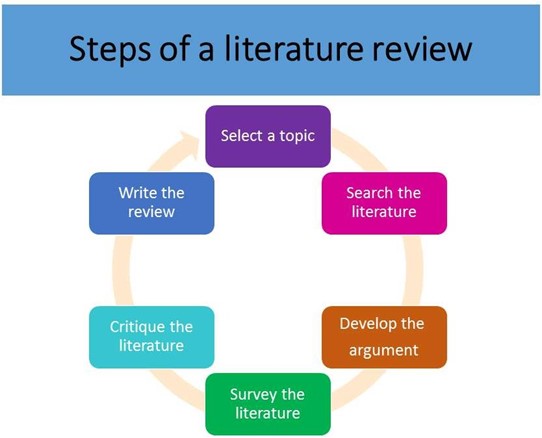What is the first step in developing an evidence-based health promotion program?
Search the literature.
Implement the program.
Tailor the program for the participants.
Select outcomes.
The Correct Answer is A

The first step in developing an evidence-based health promotion program is to search the literature for relevant research and evidence.
This helps to ensure that the program is based on the best available evidence and is likely to be effective.
Choice B is not correct because implementing the program is not the first step in developing an evidence-based health promotion program.
Choice C is not correct because tailoring the program for the participants is not the first step in developing an evidence-based health promotion program.
Choice D is not correct because selecting outcomes is not the first step in developing an evidence-based health promotion program.
Nursing Test Bank
Naxlex Comprehensive Predictor Exams
Related Questions
Correct Answer is D
Explanation
Outcome/summative evaluation focuses on whether the goals and objectives of a health program have been achieved.
This type of evaluation assesses the effectiveness of a program in achieving its intended outcomes and is typically conducted at the end of a program or intervention.
Choice A is not the answer because process evaluation focuses on how a program is implemented and whether it is being delivered as intended.
Choice B is not the answer because formative evaluation is conducted during the development or improvement of a program to help shape its design.
Choice C is not the answer because impact evaluation measures the changes that can be attributed to a particular intervention or program.
Correct Answer is B
Explanation
Health education aims to empower individuals to take control of their own health by providing them with the knowledge and skills to make informed decisions.
It focuses on developing self-care skills (A), encouraging client participation in health decision-making (C), and improving client and family coping ability (D).
However, it does not involve compelling the patient to live a healthy lifestyle (B).
Instead, it provides the tools and support for individuals to make their own choices about their health.
Whether you are a student looking to ace your exams or a practicing nurse seeking to enhance your expertise , our nursing education contents will empower you with the confidence and competence to make a difference in the lives of patients and become a respected leader in the healthcare field.
Visit Naxlex, invest in your future and unlock endless possibilities with our unparalleled nursing education contents today
Report Wrong Answer on the Current Question
Do you disagree with the answer? If yes, what is your expected answer? Explain.
Kindly be descriptive with the issue you are facing.
